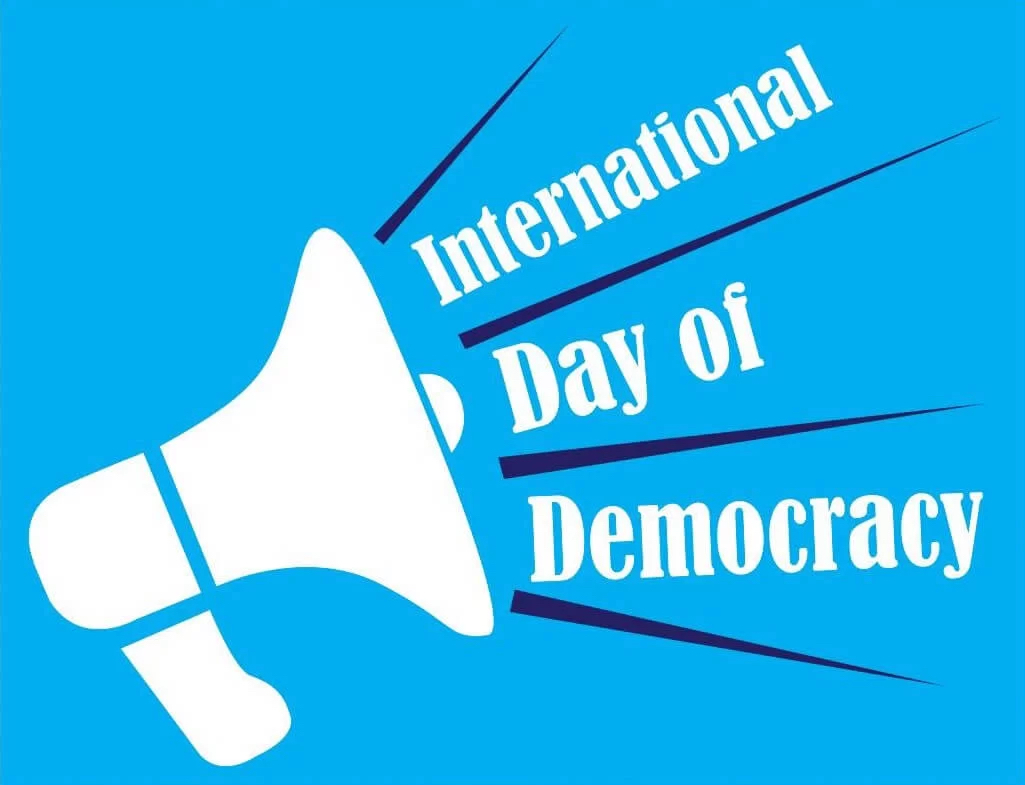Today, 15 September 2022, The National Union of Somali Journalists (NUSOJ) joins the rest of the World in commemorating the International Day of Democracy. The theme for 2022 is the importance of media freedom to democracy, peace, and delivering on the Sustainable Development Goals (SDGs). This is clear affirmation that a strong and independent media is an essential ingredient in a democratic society.
The litmus test for democracy to exist and democratic governance to thrive in Somalia is hinged on the manner in which basic freedoms are enjoyed and exercised to the fullest extent. These freedoms are guaranteed by the Provisional Constitution of Somalia and protected by international human rights law. At the heart of these freedoms is the right to freedom of expression.
The current abysmal state of freedom of expression in Somalia is an open secret. Journalists are violently targeted, persecuted and incarcerated. Reporters receive threats of all kinds on an almost daily basis, while news media organisations are forced to refrain or censor themselves to avoid retaliatory actions.
While such organised repression can be found in every corner of the country, it is made worse by the undemocratic laws still present in the statute books of Somalia. Leading the pack is the Penal Code of Somalia, containing such obnoxious, draconian and outdated provisions it succeeds in making a mockery of any semblance of democracy Somalia has been aspiring to achieve. This archaic legislation, to which many in the criminal justice system subscribe, criminalises the independent practice of journalism, curtails all aspects of freedom of expression and contradicts the Provisional Constitution of Somalia.
Rather than making democracy a lived reality in Somalia, there have been increasing efforts to strengthen the repressive legal regime in the country. Ignoring the advocacy cries and critical voices of the media fraternity, the Amended Media Law of 2020 contains undemocratic provisions that restrain journalists from operating freely. This facilitates the legal hauling of journalists to any court and forcing the exposure of confidential sources. In addition, the legislation makes provision for the establishment of a media council that would further curtail the independence of the media.
For the past 10 years, successive governments failed to fulfil a constitutional provision (article 32) that dictates the enactment of the Access to Information Law, a key piece of legislation for a democratic society which is critical for empowering the public to make decisions, holding both the Federal Government of Somalia (FGS) and Federal Member States (FMSs) accountable, evaluating public officials in implementing and monitoring the Sustainable Development Goals (SDGs), and facilitating effective public participation through transparent processes.
“In Somalia, democracy is both the tool to fight injustice, suppression, inequality and authoritarianism as well as the result of this fight,” says Omar Faruk Osman, NUSOJ’s Secretary General. “As journalists we must not only serve as disseminators of information so that citizens can make informed choices, but we must be a strong voice against repression, violation of media and human rights and impunity. For Somalia to have allowed such a culture to flourish is the proverbial slap in the face of democracy. Successive governments came to power on certain oaths and promises; NUSOJ is here to ensure they uphold these ideals.”
On the occasion of this International Day for Democracy, NUSOJ urges the Federal Government of Somalia to break from the past and end undemocratic actions and laws against media freedom and freedom of expression in general. Specifically, the union earnestly appeals to the Federal Government to urgently:
- Struck-off and repeal the provisions of the Penal Code of Somalia that are frequently being used to punish journalists and criminalise the practice of journalism.
- Refrain from implementing any provision of the Amended Media Law of 2020 including the formation of the national media council, and reopen this law for drastic review in an honest and transparent process to align it with international standards of freedom of expression and the provisional constitution of Somalia.
- Empower state institutions to effectively and swiftly address the rampant culture of impunity, and instill a culture of accountability and human rights within the security forces and among public officials when dealing with journalists.
- Enact a progressive Access to Information law since democracy can only exist when citizens exercise their Right to Know amid a culture of transparency, accountability and participation, and where the federal government embraces open governance to engage Somali citizens and improve policy effectiveness and efficiency.
“We urge the new administration in Somalia to seize the initiative and take decisive steps to free the potential of the people of Somalia by ensuring a conducive democratic atmosphere in which independent thinking and free expression of ideas and opinion are not compromised, criminalised and allows for independent practice of journalism to thrive,” declared Osman.
Somalis are undoubtedly yearning for a successful transition to democracy, and on this important day, NUSOJ hopes the democratic aspiration that guarantees the democratic right to media freedom and access to information are realised.

